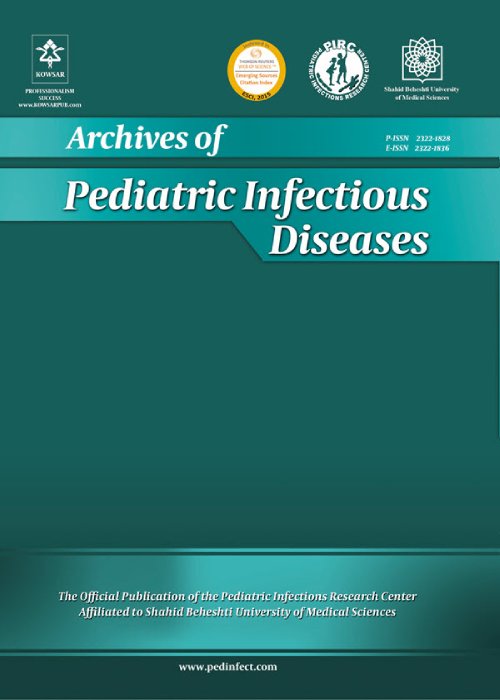Quality Analysis of Antimicrobial Restriction Policy in Pediatrics
Antimicrobial stewardship programs (ASPs) are coordinated programs developed in recent years to promote the appropriate use of antimicrobials and reduce microbial resistance. One important action for a successful ASP is the implementation of an antimicrobial policy restriction.
The study analyzed the quality of target-antimicrobial requisitions after the introduction of an antimicrobial policy restriction for children.
We conducted a retrospective study in a neonatal intensive care unit (NICU) and three pediatric intensive care units (PICUs). An ASP was implemented in October 2016, and 14 target antimicrobials were selected to be prescribed after pre-approval by a pediatric infectious disease specialist. All requisitions were analyzed according to indication, antimicrobial type, dose, duration, and collection of cultures before administration. There were no exclusion criteria for requisition analysis.
Between October 2016 and December 2017, 1,173 patients were admitted to the units with 120 requisitions of target antimicrobials. Sepsis (43/120; 35.8%) was the most common indication, followed by respiratory infections (23/120; 19.2%) and infections in two or more sites (11/120; 9.2%). The most common target antimicrobials requested were meropenem (68/120; 56.7%), amphotericin B lipid formulations (12/120; 10%), teicoplanin (11/120; 9.2%), and linezolid (11/120; 9.2%). In 98 (81.7%) cases, previous cultures before antimicrobial administration were collected. An infectious agent was detected in 52 of the 98 cultures (53.1%), and Gram-negative and Gram-positive bacteria represented 50% and 26.9% of all positive samples, respectively. Besides, 111 (92.5%) requisitions were approved. In five refused requisitions, a narrow-spectrum antimicrobial was prescribed after further discussion; four were refused due to lack of information, and in one case, the de-escalation of the antimicrobial was possible. No mistake regarding dosage and duration was detected.
We found a high-quality rate of target antimicrobial requisition. Antimicrobial policy restriction could contribute to improving the quality of antimicrobial prescription, even in NICUs and PICUs.
- حق عضویت دریافتی صرف حمایت از نشریات عضو و نگهداری، تکمیل و توسعه مگیران میشود.
- پرداخت حق اشتراک و دانلود مقالات اجازه بازنشر آن در سایر رسانههای چاپی و دیجیتال را به کاربر نمیدهد.


